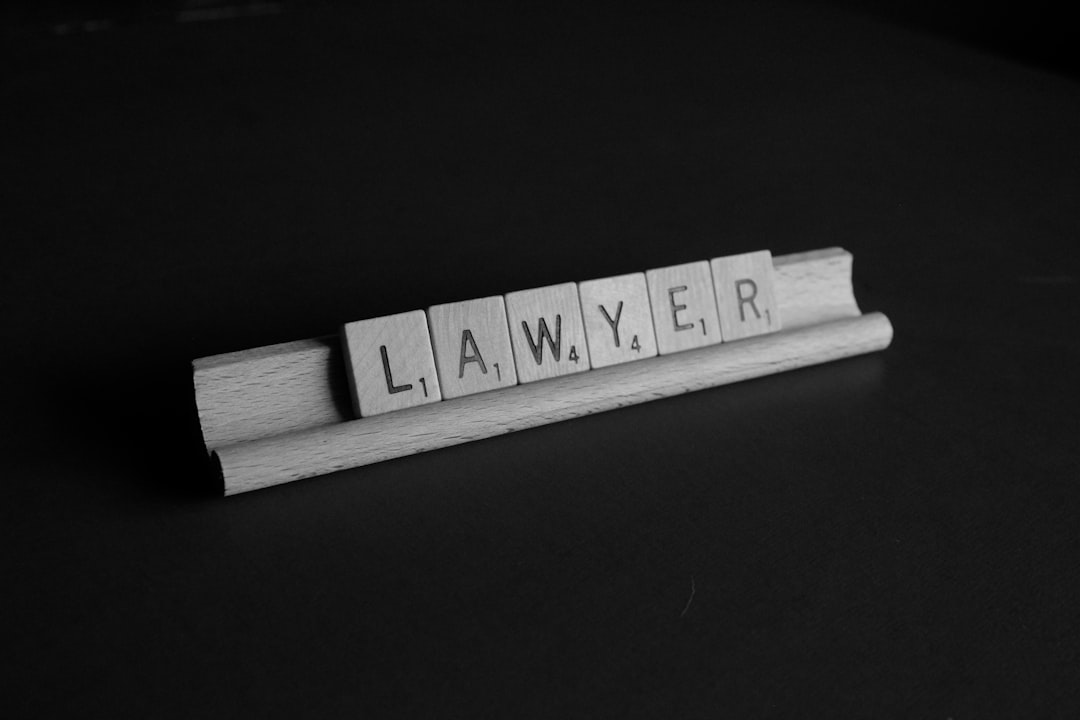Louisiana's Anti-Spam Call Laws protect residents from unsolicited debt collection calls, empowering consumers to block and sue for privacy invasion. Federal and state laws, including the TCPA, govern debt collection, with strict penalties for violations. Consumers in Louisiana are safeguarded against aggressive practices, ensuring fair communication and privacy during debt recovery processes through strong legal protections. For legal assistance from a Spam Call law firm Louisiana, residents have recourse against abusive debt collection methods.
In the complex landscape of debt collection, understanding the interplay between federal and state laws is paramount, especially in Louisiana. This article explores the critical balance between Louisiana’s stringent Anti-Spam Call Laws and federal regulations, shedding light on rights for both consumers and collectors. We navigate the legal protections afforded to Louisiana residents, offering insights from a top Spam Call law firm based in the state. By delving into these nuances, we empower folks with knowledge, ensuring fair practices in debt collection.
Louisiana's Anti-Spam Call Laws: An Overview

Louisiana has implemented strict regulations to combat unsolicited telephone calls, commonly known as spam calls, with the aim of protecting its residents from unwanted and harassing communication. The state’s Anti-Spam Call Laws are designed to give consumers more control over their phone lines and provide a legal framework for addressing intrusive marketing practices.
These laws prohibit law firms and other businesses from making telemarketing calls to Louisiana residents without prior express consent. Any call made in violation of these rules is considered a breach of the state’s Spam Call law, which can result in significant penalties for offenders. Consumers in Louisiana now have the right to block such calls and take legal action if they feel their privacy has been invaded. This robust legislation ensures that law firms operating within the state adhere to ethical practices, fostering a more secure and peaceful environment for Louisiana residents.
Federal vs. State Jurisdiction in Debt Collection

In Louisiana, debt collection practices are governed by a complex interplay of federal and state laws. While federal laws, such as the Telephone Consumer Protection Act (TCPA), regulate practices like spam calls, state laws fill in specific details and provide additional protections for consumers. Understanding this distinction is crucial when dealing with debt collectors.
For instance, Louisiana has its own set of rules regarding debt collection, including limitations on when and how often collectors can contact debtors. This dual jurisdiction means that a Louisiana-based law firm specializing in debt collection must adhere to both federal and state guidelines, ensuring fair practices while effectively recovering debts for their clients.
Legal Protections for Consumers in Louisiana

In Louisiana, consumers enjoy a robust framework of legal protections designed to safeguard them from aggressive or unfair debt collection practices. The state has enacted various laws and regulations that govern how debt collectors can interact with individuals, ensuring fairness and due process. One notable piece of legislation is the Spam Call law, which restricts unsolicited telephone calls related to debt collection activities. This law empowers residents to take action against persistent and unwanted contact from collection agencies.
Additionally, Louisiana’s consumer protection laws offer a safety net against abusive or deceptive collection methods. These regulations specifically address false or misleading representations, unfair practices, and the disclosure of information obtained from creditors. Consumers are entitled to clear communication, accurate reporting, and respect for their privacy during the debt collection process. Such protections are crucial in maintaining a harmonious interplay between those seeking repayment and the individuals being pursued for debt.






